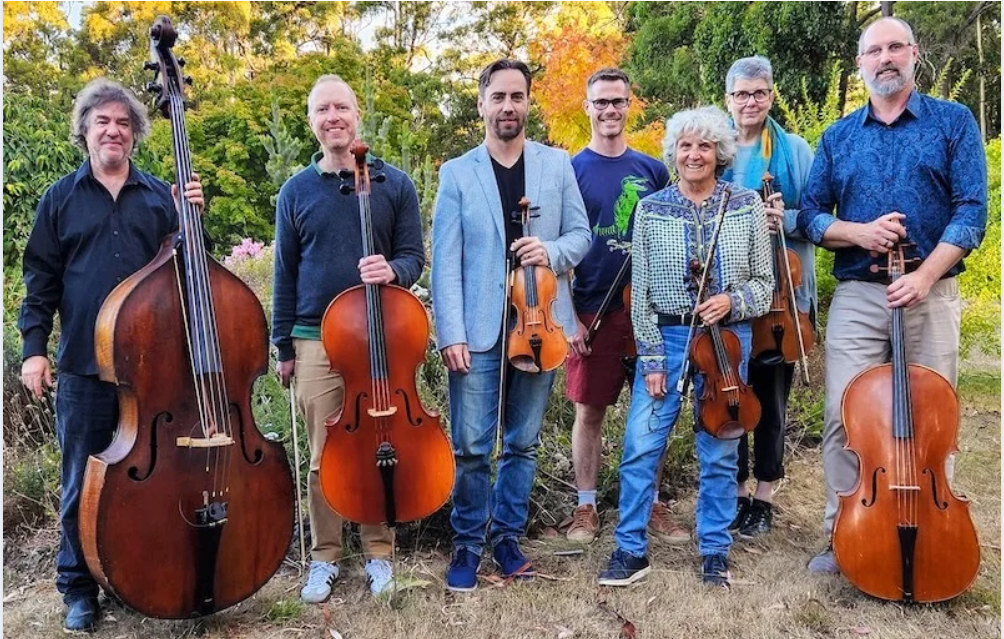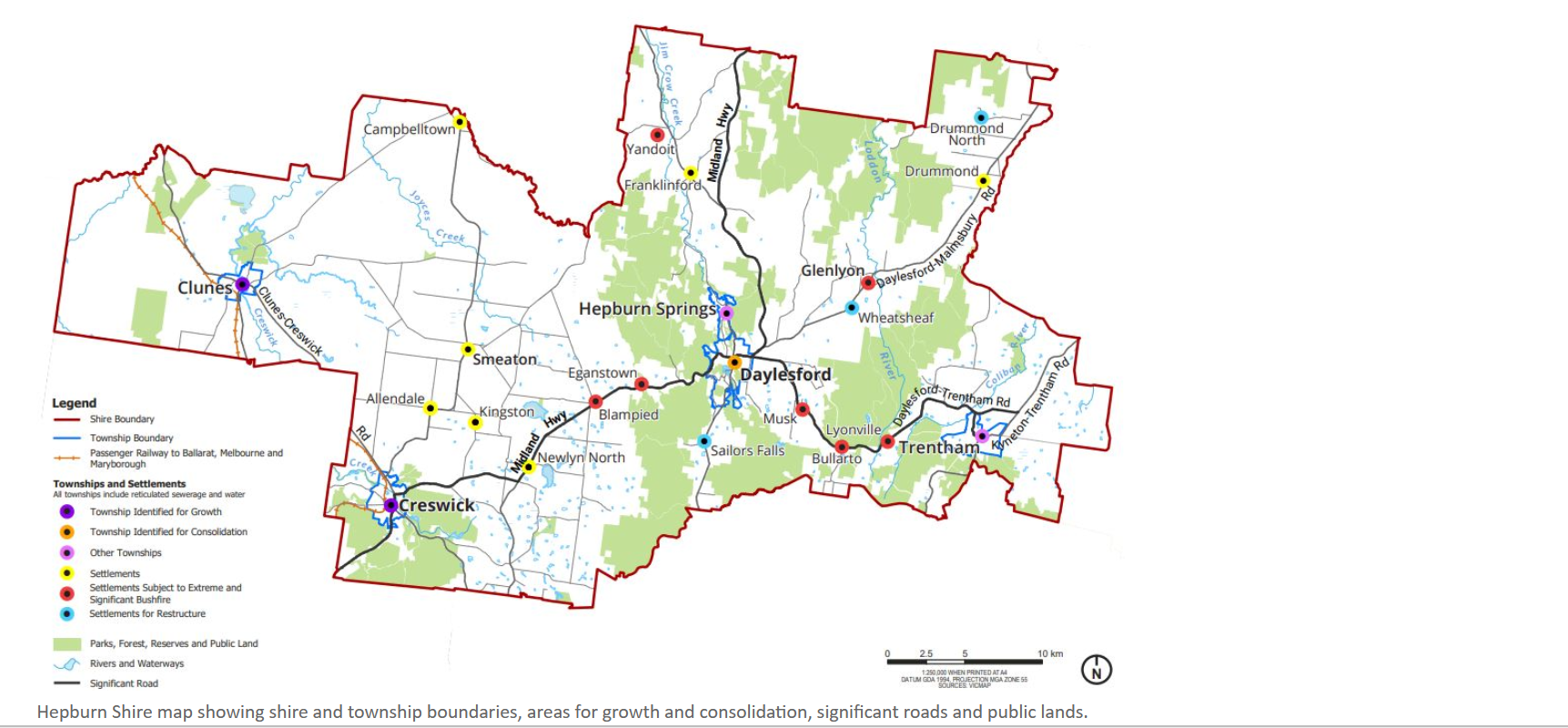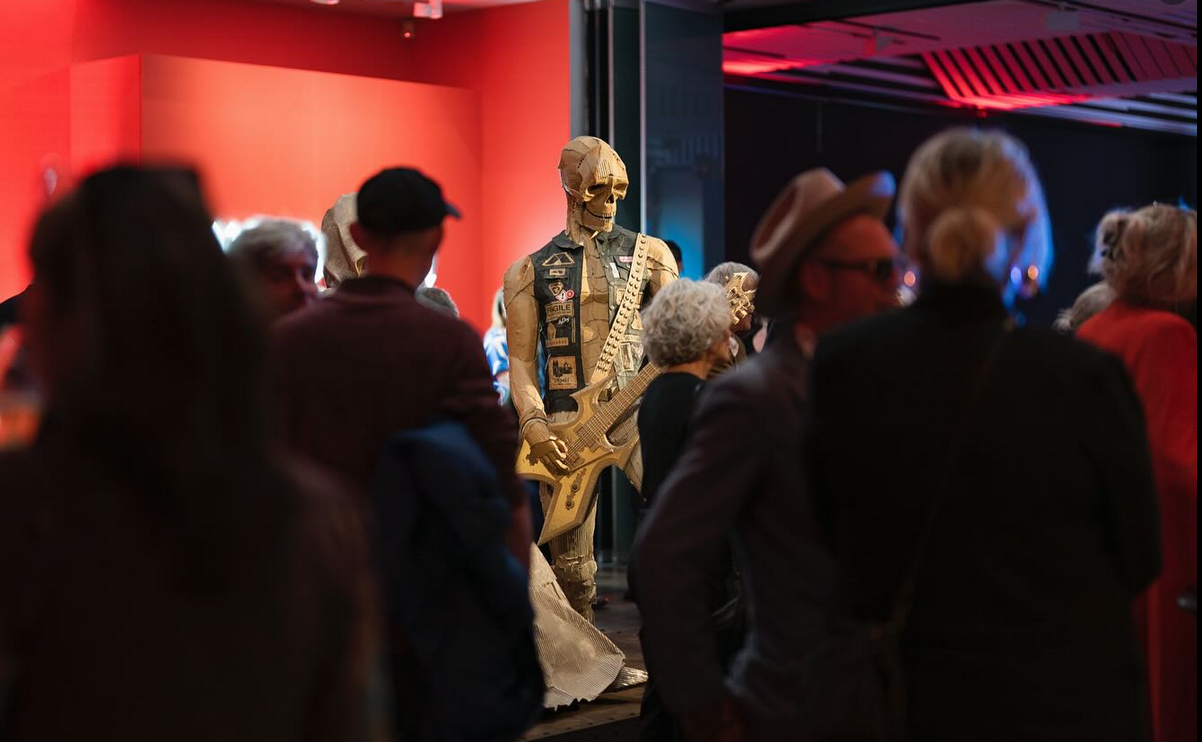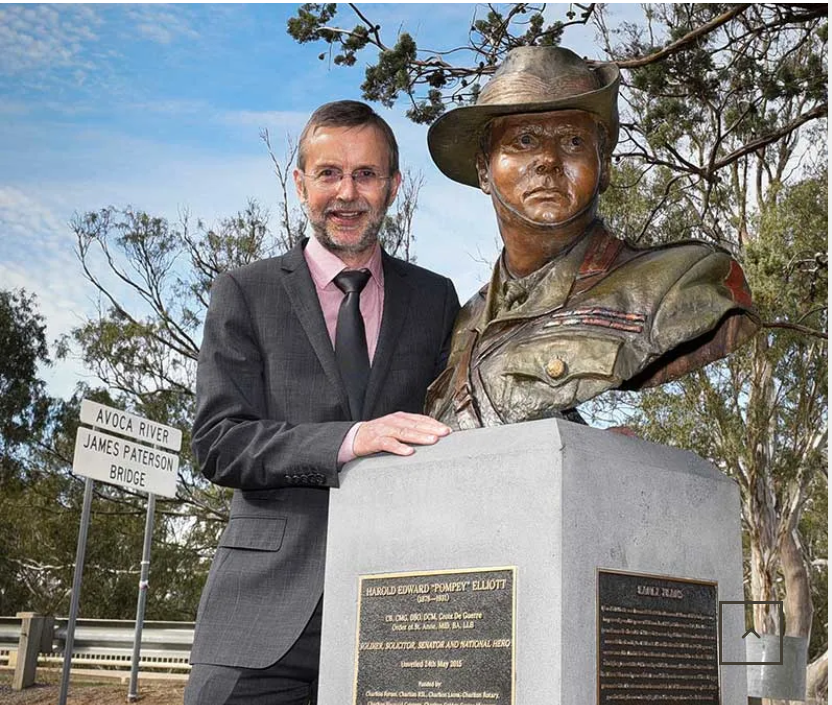April 11th, 2024Ancestory detective connecting generations
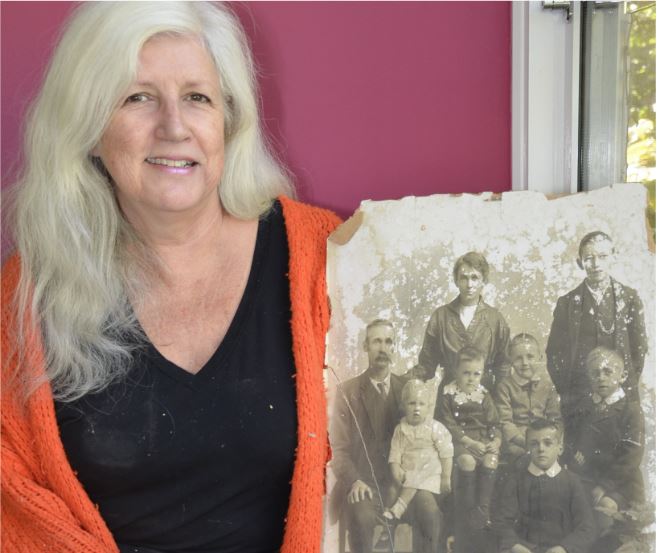
It’s the thrill of the chase in large part that makes family history research such an addictive pursuit
for professional genealogist, Lynda Collier.
“My cousin is an actual detective and he said to me ‘you are a detective too really’, muses the
specialist researcher who lives at Wheatsheaf just out of Daylesford.
Because this niche area of historic research is all about identifying and confirming the links between
one human being to so many others back through the annals of time, it also means “bringing to life”
characters of the past, one’s own relatives. And this too especially appeals to Lynda.
“I spend a lot of time on DNA analysis,” she says.
“Even in my own family we’ve got an unknown ancestor, my mum’s great, great grandfather. I’ve
been lucky enough to test both of my parents with DNA.
“Every generation loses basically fifty percent of your parents’ DNA, because you only get half-ish
from each. And it’s not even. So from your grandparents you might have got 20 percent and 30
percent respectively. It can vary quite a lot.
“We’ve also got lots of cousins that we’ve been able to test and that helps with working out things
with DNA, and I’ve done that for quite a few people with an unknown parent, or those who know a
parent but where the name they’ve gone by their whole life wasn’t their real name. So the family
always knew there was something unknown there, and through DNA they’ve been able to find the
family.”
As a professional genealogist with a special interest in DNA, Lynda dedicates much of her own
current life to researching family histories for others and also to delving more deeply into her own
ancestry.
It’s a field of research that these days has gained a respectability in academia that it didn’t always
enjoy, and that has been popularised by television programs like ‘Who Do You Think You Are?’
Lynda says public interest in genealogy or family history has increased in recent times, augmented
by significant advances in technology, particularly including DNA research techniques. She also
believes developments in AI hold plenty of positive potential for unearthing historic family linkages
and shedding light on familial ancestry in a manner not previously possible.
“Yes I think interest has increased,” she says of the uptick in people eager to uncover their own
family connections going back through the generations. You just never know who you might be
related to.
But, there’s a cautionary note, here when it comes to DNA. Those delving back into their past may
be in for some surprises, this experienced genealogist says.
“Many don’t realise that what they find may completely change what they thought about their
family, like finding out your father is not your biological father for example. All sorts of stories can
come out.”
Of course, while the “surprises” that DNA analysis may uncover might be disconcerting in some
cases, they may also be exciting, even flattering. Lynda says that when it comes to DNA research, the
revelation of “surprises” in family trees is quite common.
Lynda’s own journey with genealogy dates back to the late 1980s when she tried (unsuccessfully) to
encourage her own mother to get enthused about genealogical research. Lynda studied photography initially as a university student, going on to do honours in creative media incorporating
a focus on family history.
She then went on to complete masters post graduate studies in history through Monash University,
completing a thesis on the early female immigrants – the “needle women” who were assisted to
immigrate gratis to Australia from England on a ship called the Culloden.
From there, her research tracing her own family history has taken her to the US and to the UK where
she has unearthed here own Quaker antecedents while, in London, she uncovered a famed 1800s
actor in the family tree.
Lynda also uncovered quite a few church ministers in her own family background, and she says the
discovery of intriguing forebearers is all part of the attraction.
“I love it. Obviously. I feel like I get to know my ancestors,” she says.
As a fulltime professional genealogist, Lynda is a member of the global Association of Professional
Genealogists, the Society of Australian Genealogists and of the Genealogy Society of Victoria.
When somebody approaches her with a request to research their own family history, the sorts of sources she typically turns to may includes parish records, land titles, national archives, local archives, professional and academic organisations, old military records, census data, the registry of Births, Deaths and Marriages and even old land maps revealing the names of farms and former family properties from days long lost to the mists of time.
She says that it’s really only been over the last eight years that advances in DNA research have come
to the fore in the field of family history – “before that it was very expensive. The cost has come
down a lot,” she says.
“There’s a lot online but it would be less than 10 percent of the records that are out there,” she says.
“Artificial Intelligence is already making a big impact.”
Lynda says the reasons people will turn to a genealogist to assist them in their quest to find out
more about their lineage are varied.
“Sometimes it’s because they don’t know how to go about it and sometimes it’s because they are
too busy,” says Lynda whose work in the field has resulted in the publication of quite a few books
both for herself and for others, including in coffee table style and magazine style publications.
Her earlier background in photography has proven to be very complementary to her work in
genealogy and in the work of preserving family knowledge for posterity.
“I think a lot of older people are wanting to leave something for their children. They are concerned
that it isn’t all just thrown out.”
Words & Image: Eve Lamb







